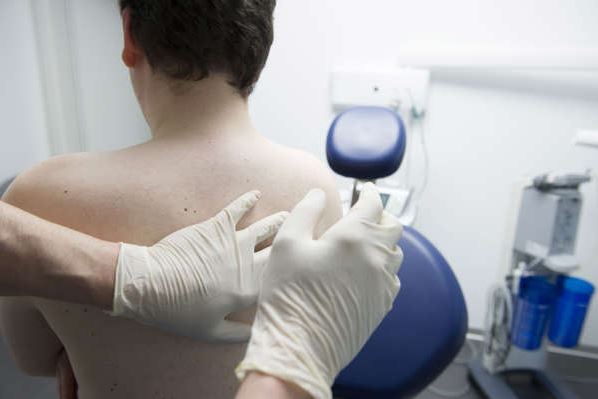The monkeypox virus is advancing in Europe, with cases detected in the UK, Spain and Portugal, while it has also set foot in the US. The virus is extremely rare in Europe.
There are currently over 40 suspected cases across three countries, of which nine in the UK, 23 in both Spain and five in Portugal.
The virus is rarely transferred either through respiratory droplets following prolonged face-to-face contact or close contact with bodily fluids.
Where has monkeypox been detected?
Monkeypox is usually limited to Africa, but outbreaks in southern Europe and the UK suggest otherwise.
In 7 out of 8 cases in the UK have not involved recent travel to Africa, leading experts to suggest the patients involved caught the virus in Europe. The data suggest the virus is spreading in the community undetected.
The outbreaks appear to be concentrated in capital cities such as Madrid, Lisbon and London.
Related News
- Up to 324 salmonella contaminations linked to Ferrero factory in Belgium
- Salmonella outbreak at Ferrero causes 19 hospitalisations in Belgium
In the US, a Massachusetts resident was diagnosed with the virus, after recently having travelled to Canada, according to NPR. Canadian health services are meanwhile investigating at least 13 suspected cases.
What is monkeypox?
Monkeypox is a virus that was first found in laboratory monkeys in 1958 by a Danish scientist, Preben von Magnus, who was keeping a monkey colony for research.
The disease is most commonly detected in smaller animals, such as rodents, in Central and West Africa, and was likely transmitted to a monkey, which is where the disease gets its name from.
You can catch the virus from a bite or scratch of an infected animal, being in close contact with an infected human or by eating bush meat.
Symptoms of the virus include fever, body aches, enlarged lymph nodes and eventually “pox” - painful, fluid-filled blisters on the face, hands and feet.
Most people recover from the illness within two to four weeks, while some cases may be fatal. One version of the monkeypox has a 10% fatality rate, while the version detected in the UK kills less than 1% of people infected.
Sexual contact
While the monkeypox virus is believed to spread via respiratory droplets and close human contact, health officials now report that a significant portion of the infections occurred through sexual contact.
The majority of the patients are young men who self-identify as gay or bisexual and have had sex with other men, The Guardian reports.
The authorities in Madrid also reported that the 23 possible monkeypox cases are all probably transmitted through sex. The infected individuals are all young adult men, most of whom have sexual relations with other men.
UK health authorities are investigating the cases and urge gay and bisexual men to be aware of any unusual rashes or lesions.
However, it is too early to make any conclusions on the explicit proliferation of the virus being linked to a person's sexuality.
Dr. Micheal Skinner, a leading virologist in Imperial Department of Infectious Diseases in London commenting on the outbreak, stated that "although the current cluster of cases is in men who have sex with men, it is probably too early to make conclusions about the mode of transmission or assume that sexual activity was necessary for transmission."
How is smallpox treated?
There is currently no known treatment for monkeypox, as the virus usually goes away on its own.
Smallpox vaccinations are believed to be highly effective, but they disappeared with the eradication of smallpox more than four decades ago.
A new vaccine is being developed for the prevention of smallpox and monkeypox, while antivirals are also under development.
Should we worry?
Monkeypox is less severe than smallpox despite similar symptoms, but is usually more mild and most people are likely to recover within a few weeks, UK health authorities said in a statement.
As human-to-human spreading is rare, the overall risk to the general public appears to be very low.
Moreover, the European patients are infected with the West African version of the virus, which is milder than the Central African clade and has a fatality rate of less than 1%.
The World Health Organization have stated that they are monitoring the situation, but do not recommend any restriction for travel to and trade with affected countries based on available information at this time.

